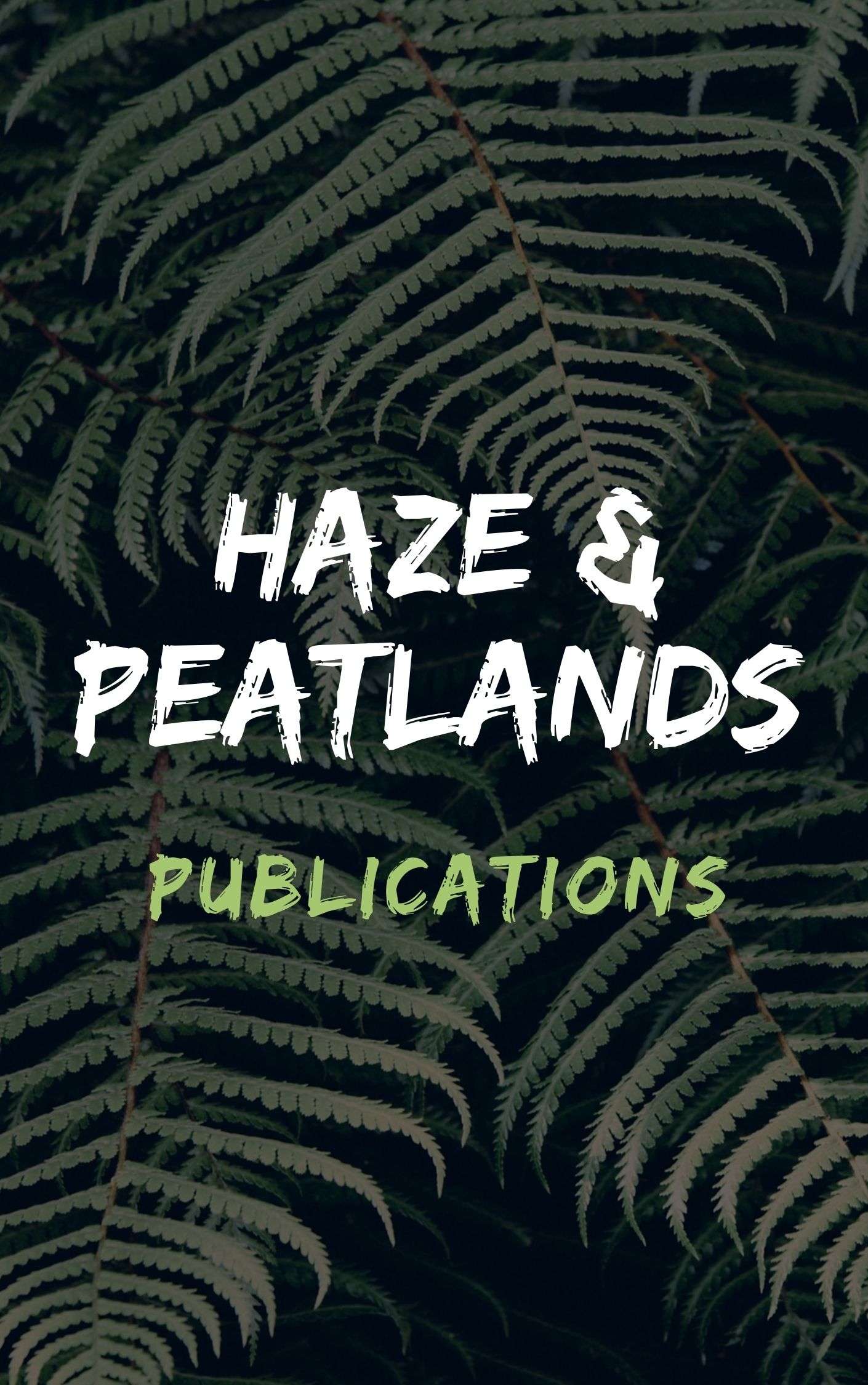Indonesian legislation calls for a zero-burning policy. This approach to fire management is largely in response to significant negative impacts on the economy and the environment, not only in Indonesia but also the neighbouring region, that result annually from peat fires in Kalimantan and Sumatra. In this context, the present paper investigates the local use and management of fire in Flores and Sumba islands in eastern Indonesia. Our appraisals show that people's livelihoods depend on fire to maintain grasslands and, therefore, that the national policy and legislation for zero-burning is inappropriate and needs to be revised. This follows from the fact that not all fires cause damage and are unwanted. Through a series of rapid rural appraisal interviews, we found that the fires in grasslands are often lit intentionally to maintain the grasslands that local people use to sustain a variety of livelihood activities such as cattle rearing, hunting and farming. Although fires can damage or destroy remnant dry forests in eastern Indonesia, in order to be effective, future policy formulations need to account for this human livelihood dimension and the geographic variation in fuels, climate and land use. © 2006 Department of Geography, National University of Singapore and Blackwell Publishing Asia Pty Ltd.
View source

